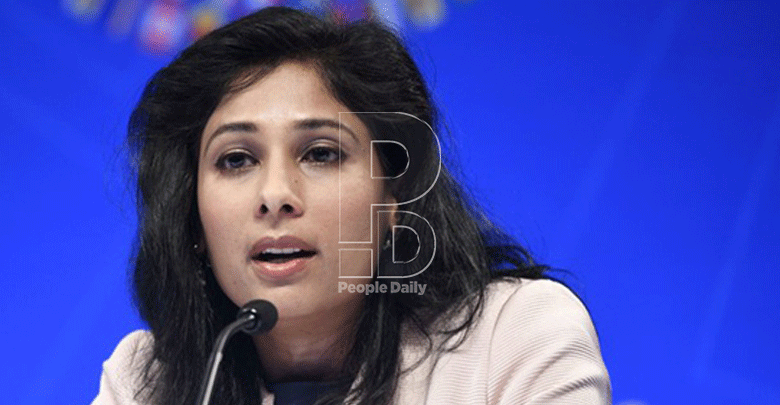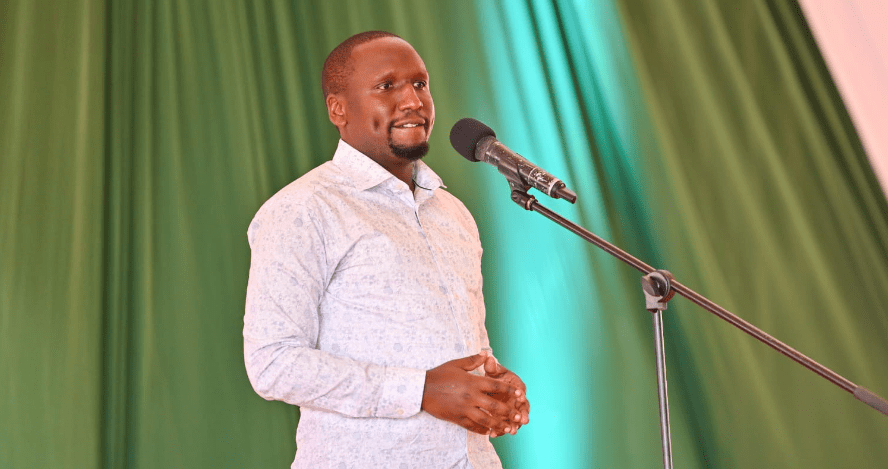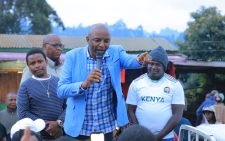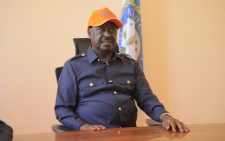Virus: IMF raises concern as global recovery gap widens

The International Monetary Fund (IMF) has warned of a widening gap between advanced economies and many emerging market and developing economies as global economic recovery from Covid-19 shocks continues.
It said though the latest global growth forecast of 6 per cent for 2021 is unchanged from the previous outlook, the composition has changed.
“Growth prospects for advanced economies this year have improved by 0.5 percentage point, but this is offset exactly by a downward revision for emerging market and developing economies driven by a significant downgrade for emerging Asia,” IMF chief economist Gita Gopinath said.
She put developing countries on the spot over lacklustre Covid-19 vaccination efforts, saying this has disadvantaged them further in the global economic recovery race.
Gopinath noted that close to 40 per cent of the population in advanced economies has been fully vaccinated, compared with 11 per cent in emerging market economies, and a tiny fraction in low-income developing countries.
“Faster-than-expected vaccination rates and return to normalcy have led to upgrades, while lack of access to vaccines and renewed waves of Covid-19 cases in some countries, notably India, have led to downgrades,” she told reporters during a virtual press briefing on Tuesday.
She more needs to be done to supply vaccines to poorer countries that lag far behind wealthier nations.
The Bretton Woods institution upgraded its 2021 global growth forecast to 6 per cent from January’s forecast of 5.5 per cent due to vaccination progress and additional fiscal support in large economies.
One billion doses
“The recovery is not assured until the pandemic is beaten back globally,” Gopinath said. She asked wealthy countries quickly fulfill their pledges to supply one billion doses of the vaccine to developing countries.
Concern by IMF over the widening gaps in the global recovery comes amid claims that some Kenyans could have received AstraZeneca jabs shipped in from India, but not recognised by European Union (EU).
According to James Njoroge, National chairman of Tour Guides and Drivers Association, vaccines not recognised by EU, makes it difficult for players in the travel sector to attend meetings to market the country in its traditional tourism markets.
“A delegation of local tour agencies was last week scheduled to attend a conference in Sweden but because of the AstraZeneca vaccine jab from India which most of them got is not recognised by the EU, we didn’t attend,” he said.
“The rapid spread of the Delta variant has thrown the spanner in the works. The vaccine many Kenyans got including senior government officials, EU says cannot effectively fight it,” Njoroge said.
Lilly Waddington, the managing partner of UK Magical Safaris Ltd said: “Kenya should now buy better drugs instead of waiting for cheap donations.
Unless it does so its citizens will not be allowed to visit UK and EU countries which will kill the goose that lays golden eggs tourism.”
Africa has the lowest vaccination rate in the world with just 18 million vaccinated on a continent of 1.3 billion people.
But those in charge of procuring vaccines say rich countries have pushed their way to the front of the queue and taken control of production assets, denying the developing world a proper chance to get what is needed.
Speaking to the Irish Times last week, Strive Masiyiwa, the African Union special envoy and telecommunications billionaire who is leading efforts to procure Covid-19 vaccines termed this state of things frustrating.












